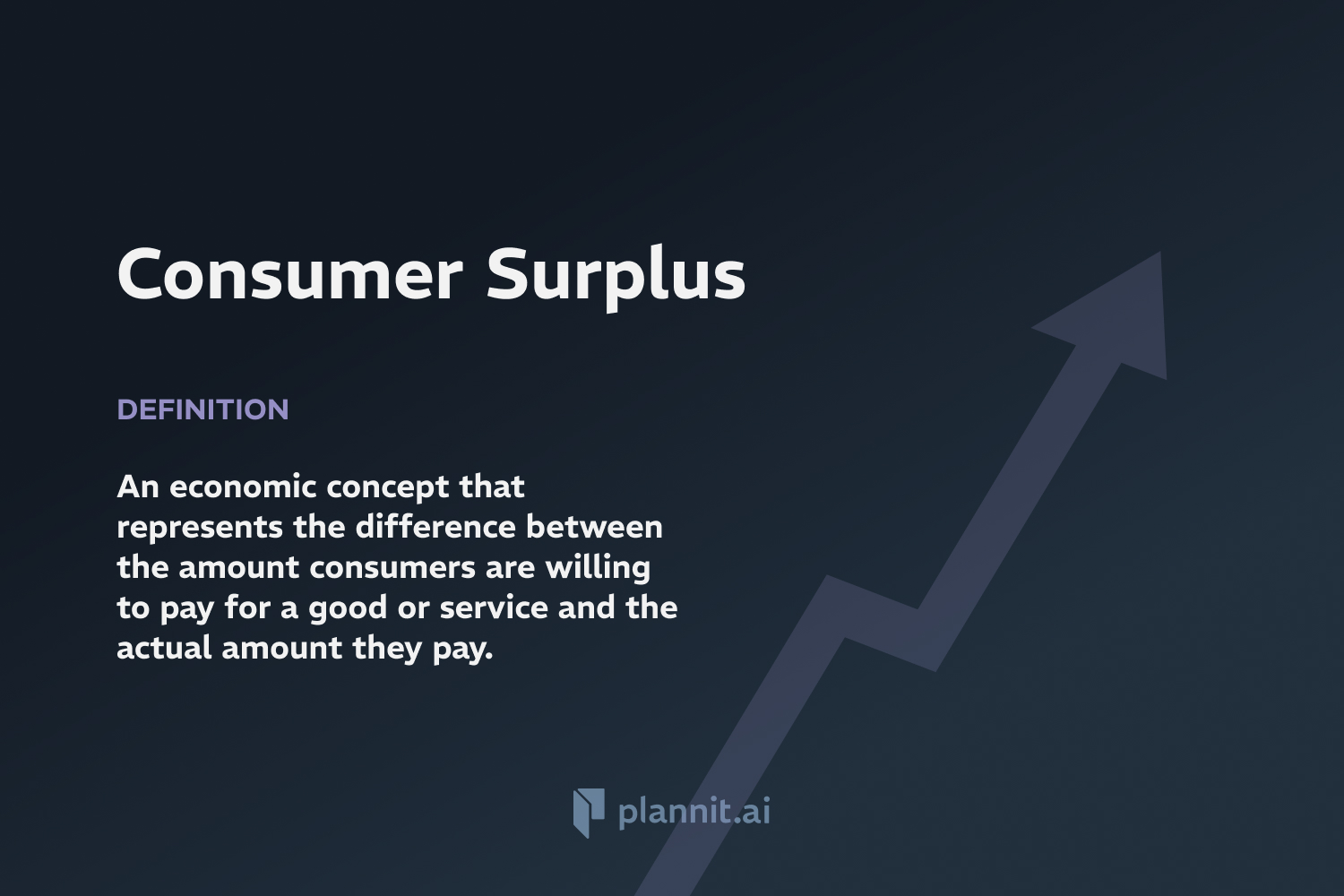Need Help With Your Business Plan?
Answer tailored questions and get a detailed business plan in minutes.
Promissory Note: Definition & In-Depth Explanation
Definition:
A Promissory Note is a financial instrument that contains a written promise by one party (the issuer or maker) to pay another party (the payee) a definite sum of money, either on demand or at a specified future date. Promissory notes typically include the principal amount, interest rate, maturity date, date and place of issuance, and issuer's signature.
Context of Use:
Promissory notes are used in various financial transactions, including personal loans, business loans, and real estate transactions. They serve as a straightforward means of setting the terms of a loan in a legally enforceable document.
Purpose:
The primary purpose of a promissory note is to create a legally binding agreement for borrowing money, ensuring that the lender has a written record of the terms and a clear recourse if the borrower fails to pay.
Example:
Real Estate: Homebuyers often sign promissory notes along with mortgages; the promissory note secures the loan's repayment, while the mortgage sets the lien on the property.
Student Loans: Students sign promissory notes to agree to the terms of the federal or private student loans.
Related Terms:
Debtor: The individual or entity that owes money under the promissory note.
Creditor: The individual or entity to whom money is owed under the promissory note.
Collateral: Property or assets that a borrower offers to a lender to secure a loan.
FAQs:
1. How to sell a promissory note?
A: To sell a promissory note, you should first evaluate its value based on the remaining principal, interest rate, and creditworthiness of the debtor. You can then find a buyer, typically through financial services that specialize in buying and selling promissory notes. The transaction will involve endorsing the note to the buyer and ensuring all legal transfer documents are correctly executed.
2. Does a promissory note need to be notarized?
A: Notarization is not typically required for a promissory note to be legally binding. However, notarizing a note can add an extra layer of validation, preventing disputes over the authenticity of the signatures involved.
3. What are the key elements of a promissory note?
A: Essential elements include the amount of the loan (principal), interest rate, repayment schedule, maturity date, and the signatures of the involved parties.
4. Is a promissory note legally binding?
A: Yes, a promissory note is a legally binding document when it contains all necessary elements and is signed by the parties. It obligates the borrower to repay the debt under the terms agreed upon.
5. What happens if a promissory note is not repaid?
A: If a promissory note is not repaid, the holder of the note can legally enforce the debt through a collection process, which may include filing a lawsuit to obtain a judgment or foreclosing on any collateral securing the note.
Get funding with a business plan that will impress investors.
Starting a New Business?



